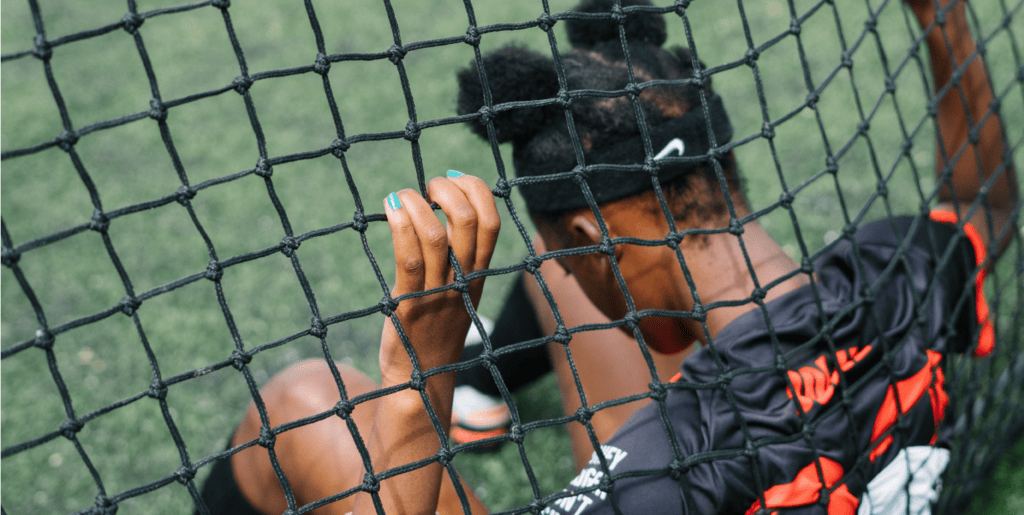PCA Resource zone
Understanding Trauma’s Impact on Behavior

Working with a team and managing all the different personalities and dynamics while developing competitors and life skills is difficult.
Young people don’t usually misbehave without a reason for those behaviors. As a coach, identifying the context of your players’ behavior will set both of you up for success.
Personal experiences and trauma directly impact how kids show up at our practices.
Kids who have faced strong, frequent and/or prolonged adversity, as well as collective traumas like racism and community violence without supportive adults in their lives, can experience toxic stress.
This excessive activation of the stress-response system can lead to long-lasting wear and tear on the body and brain. As a result, kids often exhibit effects of serious trauma exposure, such as the inability to control impulses, aggression and a heightened sense of fear.
What does this look like for a kid playing sports?
- A minor foul escalates into a fight with teammates
- A lack of focus
- The inability to handle competitive pressure
While these behaviors can be frustrating from a coaching perspective, we encourage you to remember two essential components in supporting kids:
- Always assume kids’ disruptive behavior is the symptom of a deeper harm and are outside of their control.
- For kids to manage their behaviors and emotions, they need support from a regulated adult.
Coaches Can:
- Identify their own triggers and have strategies to regulate themselves when anger or frustration develops
- Listen deeply to understand players’ perspectives
- Ask “looking back” questions to help kids name previous emotions
- Help kids identify new responses to behavior and emotions
3. The Boy Who Was Raised As A Dog Bruce Perry, ME, PHD and Maia Szalavitz (2017)







